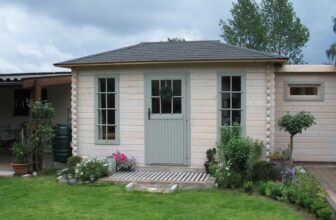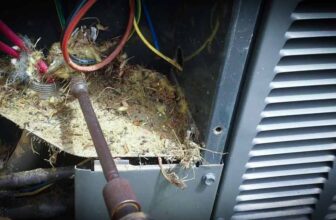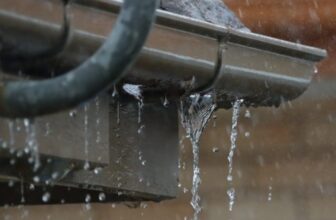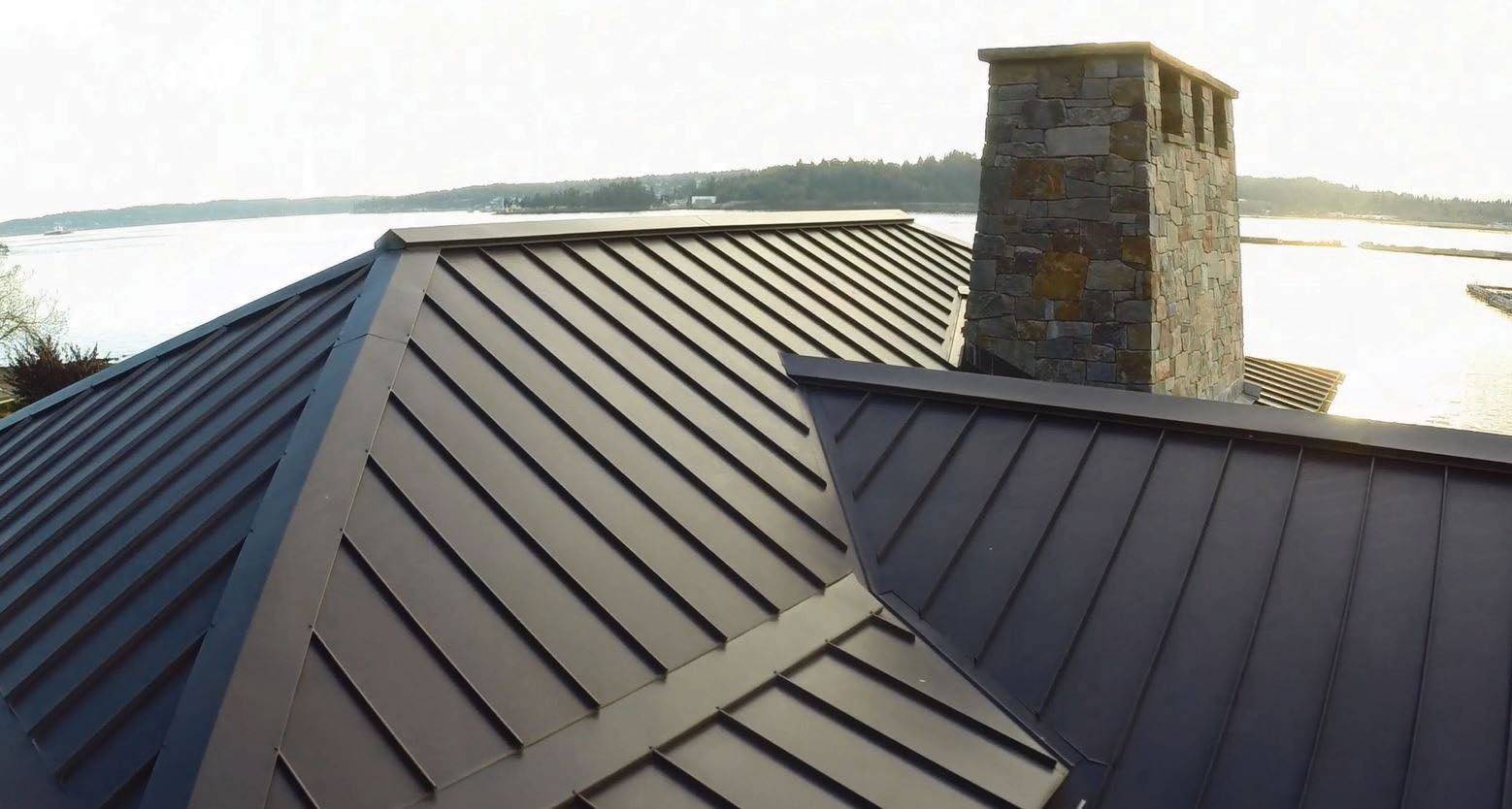
Metal roofing is increasingly becoming a preferred choice for homeowners in Florida due to its durability and energy efficiency. The state’s unique weather conditions, characterized by intense sun, high humidity, and the threat of hurricanes, demand a roofing material that can withstand the elements. Metal roofs offer a solution that not only meets these challenges but also provides a range of benefits that go beyond longevity and reliability.
One significant advantage of metal roofing is its ability to reflect solar radiation, which can lead to a decrease in cooling costs for Florida homes. This reflective property, combined with the material’s inherent resistance to corrosion and decay, makes metal an economical and sustainable option for residential structures. Furthermore, with a variety of styles and colors available, homeowners can achieve the desired aesthetic without compromising on performance.
Additionally, the installation of metal roofing can be particularly advantageous in Florida’s hurricane-prone areas. Its interlocking panels provide enhanced wind resistance compared to traditional shingles.
As a result, metal roofs are not only a practical investment for protecting a home against severe weather but also can potentially lower insurance premiums due to their proven resilience. However, it’s crucial to ensure installation is performed by qualified professionals to maximize these benefits.
Table of Contents
Benefits of Metal Roofing for Florida Homes
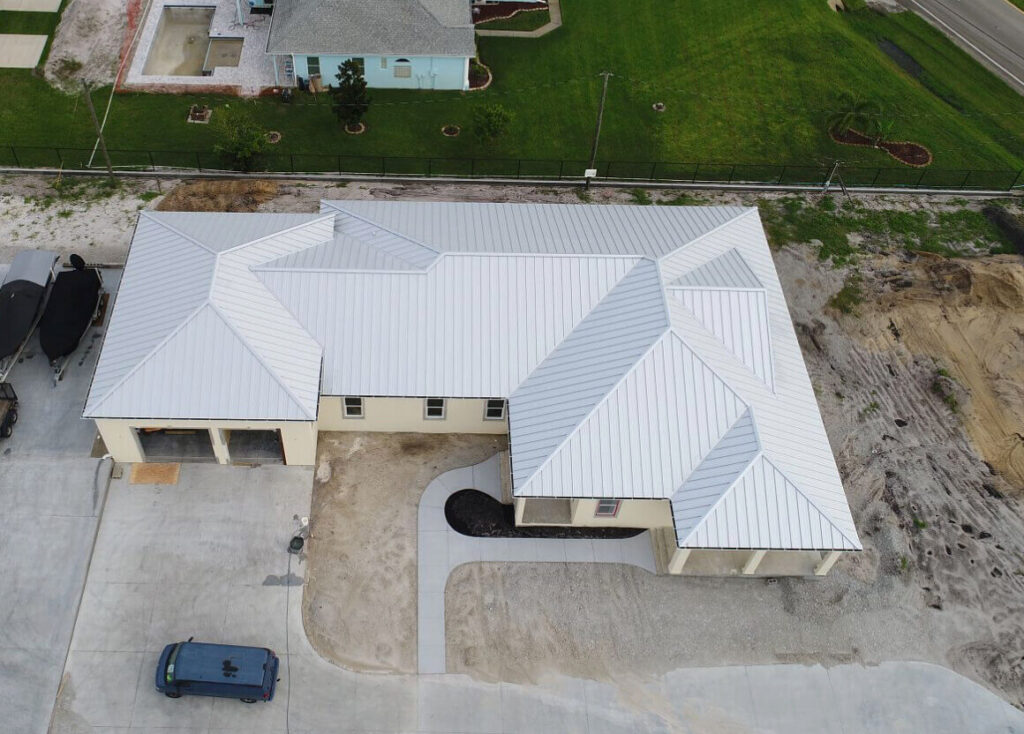
Source: integritymetalsfl.com
Metal roofing offers Florida homeowners durability, energy efficiency, and longevity. By choosing metal roofing, residents benefit from increased protection and reduced costs over time.
Durability in Extreme Weather
Metal roofs are exceptionally resistant to extreme weather conditions that are common in Florida such as hurricanes, tropical storms, and excessive heat. Metal roofs can withstand wind gusts up to 140 miles per hour. They are less likely to be damaged by falling debris during storms.
Energy Efficiency
Metal roofing reflects solar radiant heat, which can lead to a significant reduction in cooling costs. Reflectivity: A metal roof can reflect the sun’s rays and reduce heat transmission into the home. Cost-effectiveness: Homeowners may see a reduction in their energy bills by 10-25%.
Longevity
Metal roofs have a long lifespan, often lasting between 40 and 70 years. Maintenance: They require less maintenance than traditional roofing materials. Durability: They are not susceptible to rot, mildew, or pest infestation which contributes to their long service life.
Types of Metal Roofing Materials
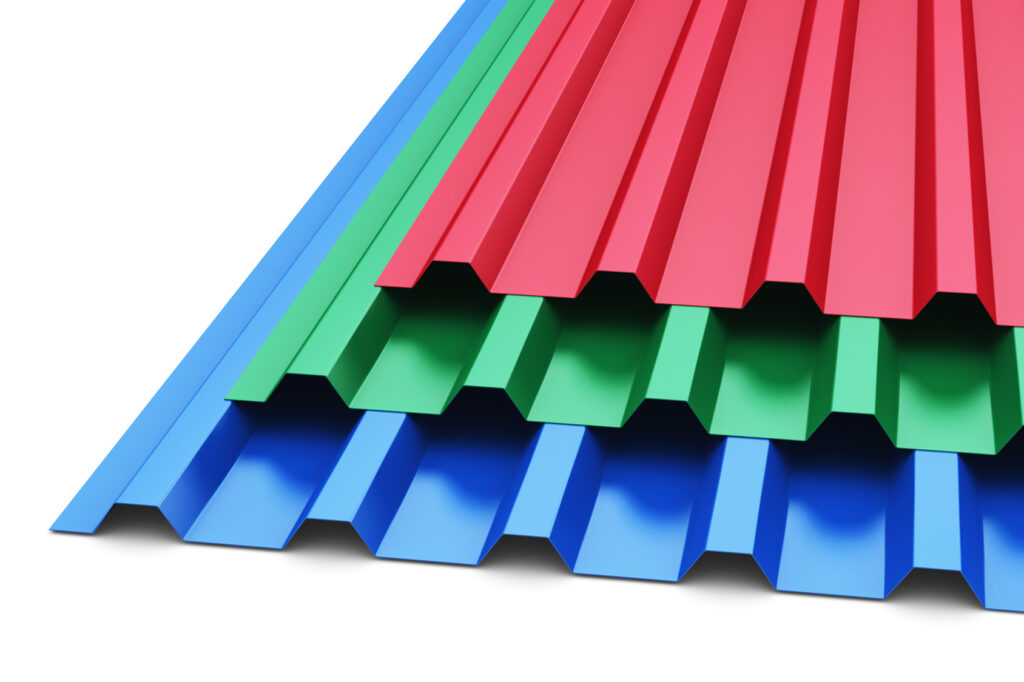
Source: daviscontracting.org
Choosing the right metal roofing Pinellas Park material is critical for Florida homes, taking into account durability, cost, and resistance to harsh weather conditions.
Aluminum Roofing
Aluminum roofing is highly resistant to corrosion, making it an ideal choice for coastal areas in Florida where salt spray is prevalent. These roofs are lightweight and can reflect heat effectively, which may reduce cooling costs.
Steel Roofing
Steel roofing is typically coated with either zinc (galvanized) or a mixture of aluminum and zinc (galvalume) to enhance rust resistance. It is heavier than aluminum but known for its strength, making it suitable for areas prone to extreme weather.
Copper and Zinc Roofing
Copper roofing boasts longevity and develops a distinctive green patina over time. Zinc, similarly long-lasting, has a lower melting point which makes it energy-efficient to produce. Both metals offer a unique aesthetic and superior durability.
Installation and Maintenance
Proper installation and consistent maintenance are essential for maximizing the lifespan and performance of metal roofing on Florida homes.
Professional Installation Requirements
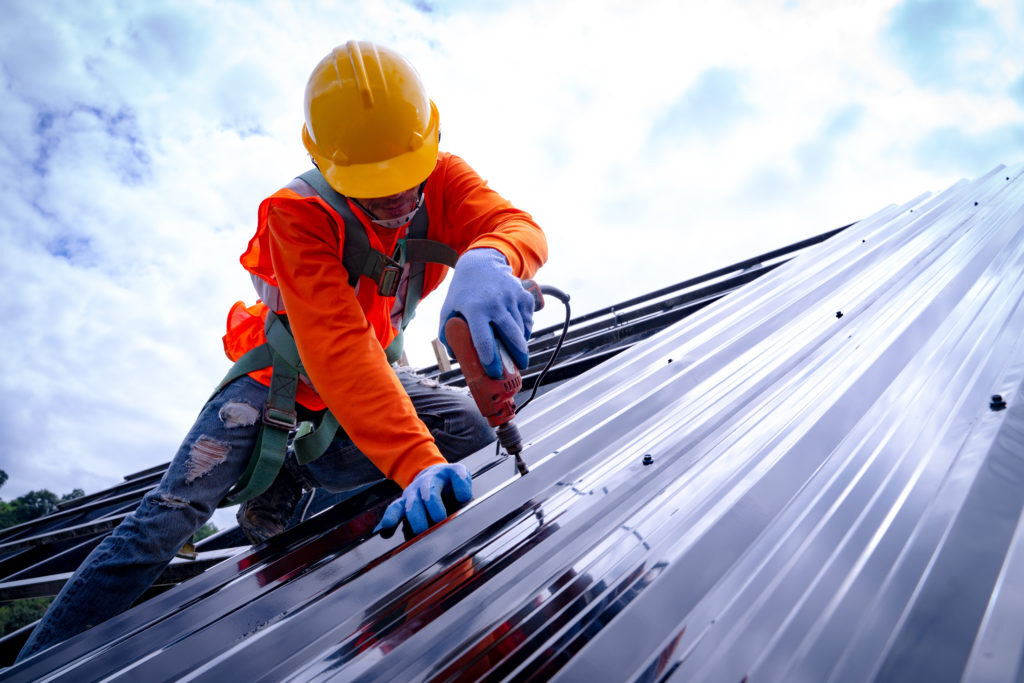
Source: rpsmetalroofing.com
Qualified Contractors: Homeowners should seek contractors who specialize in metal roofing, as they need to adhere to specific codes and standards particular to Florida, including hurricane ratings. Permitting and Inspections: Local building permits are required and inspections should be ensured at key installation stages.
Maintenance Tips
- Regular Inspections: Homeowners are advised to schedule annual inspections to identify potential issues.
- Debris Clearance: Keeping the roof clear of debris prevents scratches and coating damage.
- Coating Maintenance: A protective coating should be reapplied as needed to guard against corrosion and UV damage.
Repair and Replacement
- Identifying Damage: Look for signs such as rust, loose panels, or leaks, which might indicate a need for repair or replacement.
- Professional Repairs: Repairs should be handled by professionals to ensure it meets the industry standards and preserves the roof’s integrity.
- Replacement Considerations: If a metal roof is beyond repair, consult with a professional about replacement options that comply with Florida’s building codes.
Cost Considerations

Source: deltacapita.com
When evaluating metal roofing for Florida homes, cost plays a pivotal role. Homeowners should consider both the initial outlay and the long-term financial implications of their roofing material choice.
Initial Investment
Metal roofing generally carries a higher initial cost than traditional asphalt shingles. Price range for metal roofs in Florida can vary widely based on the material quality, style, and installation complexity. Steel panels may cost between $5 and $10 per square foot, while aluminum and copper can range from $9 to $14 and $14 to $20 per square foot respectively. These prices include materials and installation.
Life-Cycle Costing
A metal roof’s longevity and durability can lead to decreased costs over time. Insurance reductions, energy savings, and minimal maintenance are key long-term economic benefits. Here is a breakdown of potential life-cycle savings:
- Durability: Metal roofs have a lifespan of 40-70 years, significantly reducing the frequency of replacement.
- Energy Efficiency: Homeowners can expect an annual saving of up to 25% on cooling costs due to reflective properties.
- Insurance Discounts: Some insurers offer discounts of up to 35%, as metal roofs better withstand Florida’s severe weather conditions.
When homeowners consider life-cycle costs, metal roofing can be a cost-effective option in the long term despite the higher initial investment.
Building Codes and Regulatory Compliance
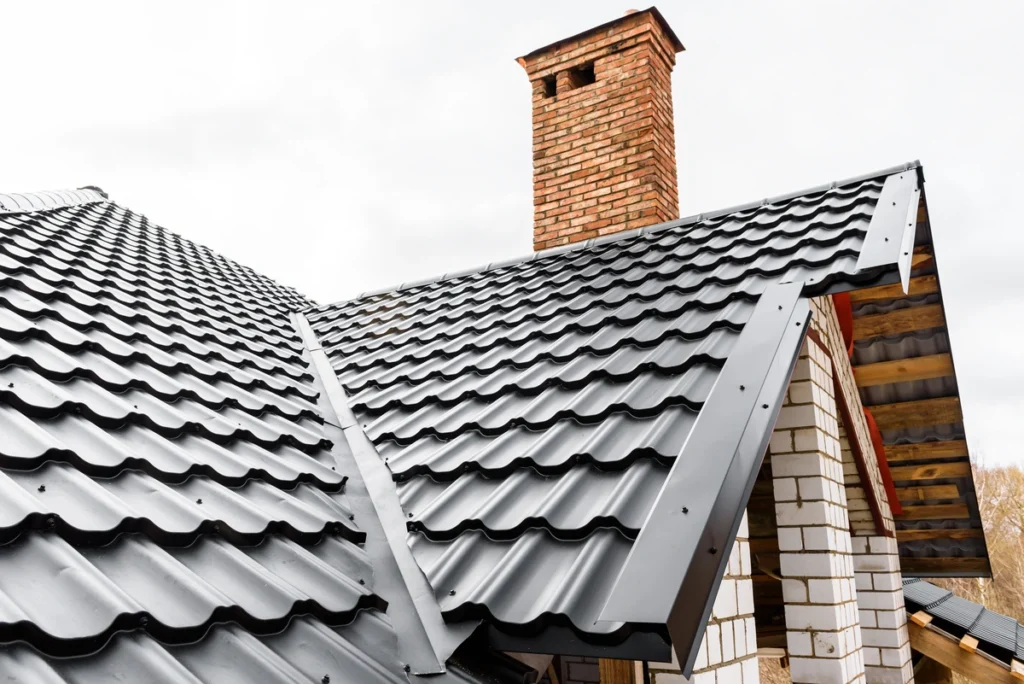
Source: firstamericanroofing.com
In Florida, homeowners considering metal roofing must adhere to stringent building codes designed to withstand extreme weather conditions. These codes ensure that roofing materials and installation practices align with safety standards and durability requirements.
Local Building Codes: Local municipalities have their own specific regulations that supplement the Florida Building Code (FBC). Homeowners should consult with local authorities to obtain relevant guidelines and restrictions.
Florida Building Code Requirements:
- Wind Resistance: The FBC mandates that metal roofs comply with wind uplift resistance standards suitable for hurricane-prone areas.
- Corrosion Resistance: Given Florida’s humid and salt-laden air, especially in coastal regions, the FBC requires materials that resist corrosion.
- Product Approval: All roofing materials must have Florida Product Approval or Miami-Dade Product Approval to be used in the state.
Installation Standards:
- Contractors must follow prescribed installation methods to enhance the lifespan of metal roofs.
- Proper fastening techniques are vital to ensure metal roofs can withstand high winds.
Permitting Process:
- Homeowners must obtain a building permit before commencing any roofing project.
- Inspections during and after installation are mandatory to certify compliance with building codes.
Insurance Considerations:
- Insurance companies might offer discounts for roofs that meet or exceed the FBC, reflecting the reduced risk profile of a compliant structure.
By meeting all these regulatory requirements, homeowners can ensure a robust and compliant metal roofing installation.



